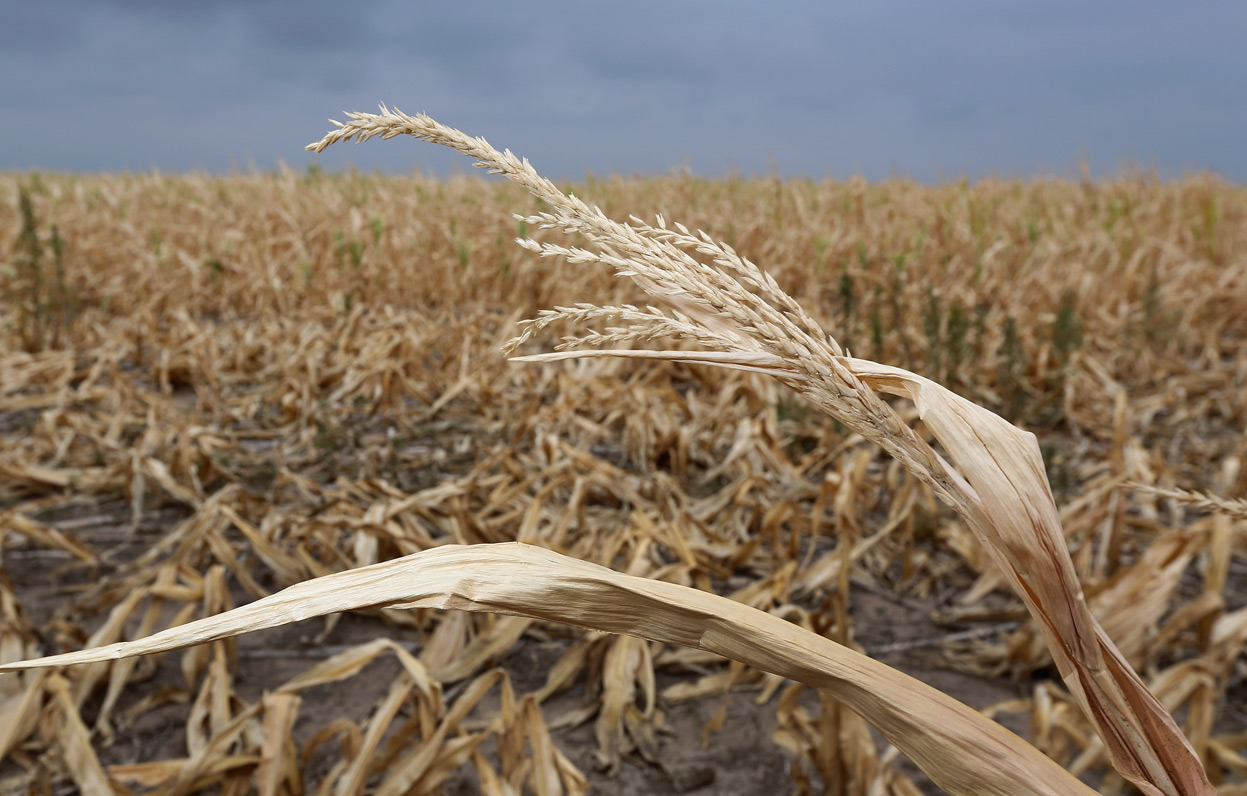Somalia - Drought conditions continue to persist in Badhan district
14.09.2018 128 views
2024 AgroInsurance International Conference: New Partners and Agenda updates
26.02.20242024 AgroInsurance International Conference will take place on June 3-5, 2024 in Belgrade, Serbia, at the Hyatt Regency Hotel. Planet Labs (USA) and GAF AG (Germany) are sponsors of our conference. Agremo (Serbia) has been confirmed as the Organization Partner. More partners and sponsors to be announced in March 2024.

Spain - 30% of La Palma's banana production has already been lost due to the advance of the lava
14.10.2021More than three weeks after the Cumbre Vieja volcano erupted, the lava that continues to flow from its interior continues to devastate everything in its path, destroying houses, infrastructure, and banana plantations. The production of Platanos de Canarias is the economic engine of the island, accounting for 50% of its GDP and 30% of the jobs on the island.
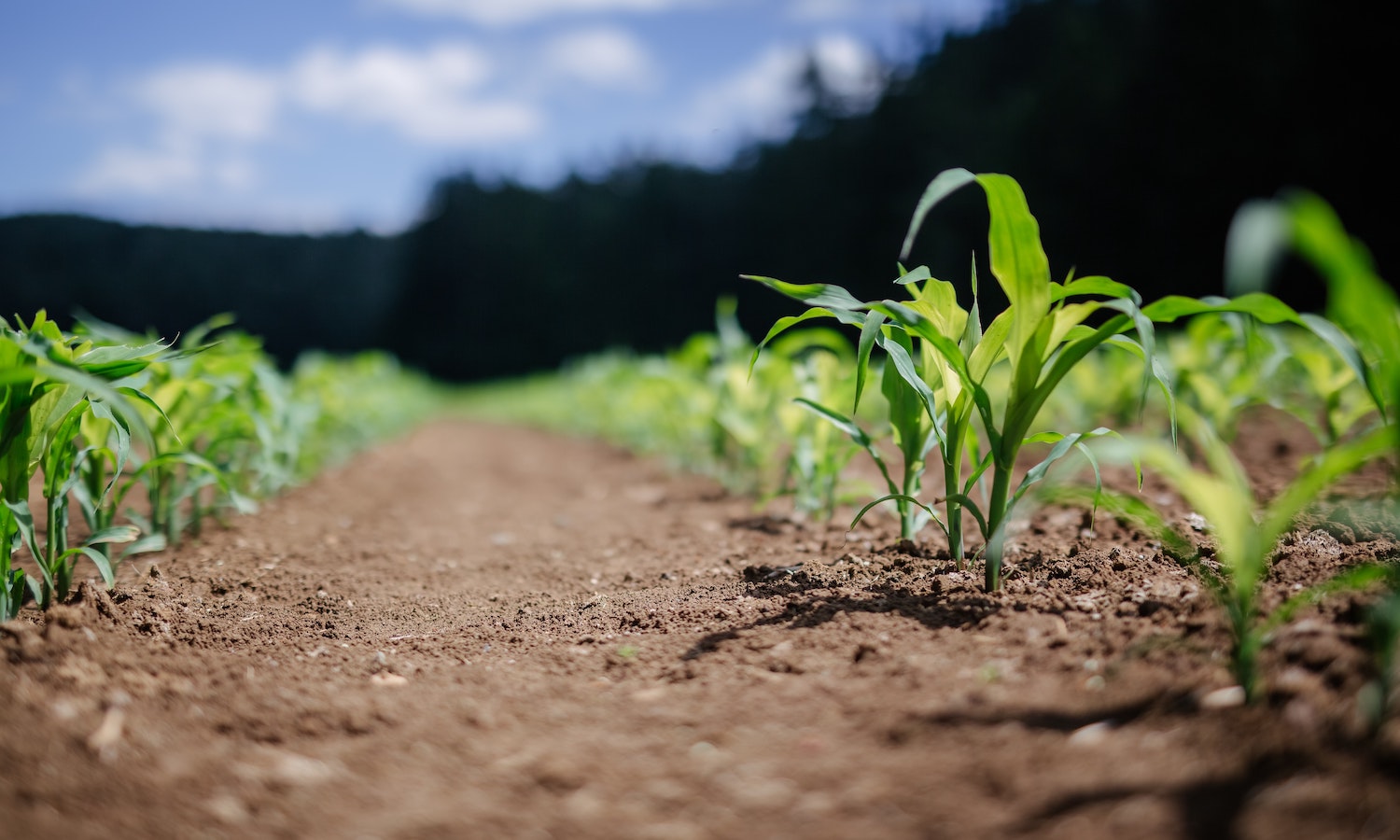
UK - Threat of food shortages and price hikes as extreme weather havoc strikes
The UK is set to face food shortages and price increases as severe weather associated with climate change causes low yields on farms both locally and internationally.
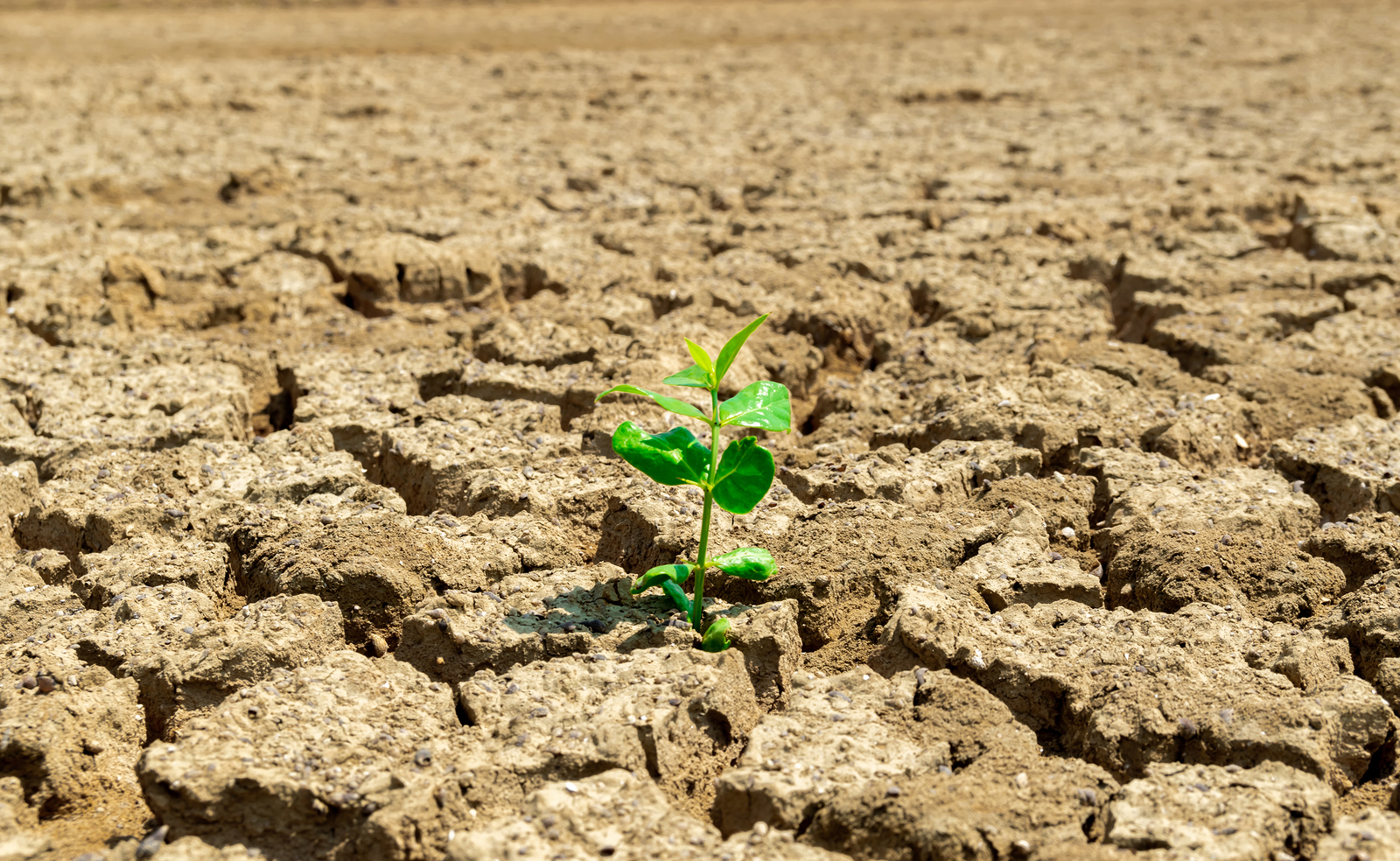
Philippines - La Union farmers shift to drought-resistant crops to curb El Niño impact
Farmers in La Union are shifting to drought-resistant crops to parry off the dire effects of the El Niño phenomenon in the agriculture sector. Rice farmer Carlito Eslava of San Gabriel, La Union is now planting corn and mung beans as an alternative to rice to cushion the possible effects of El Niño.
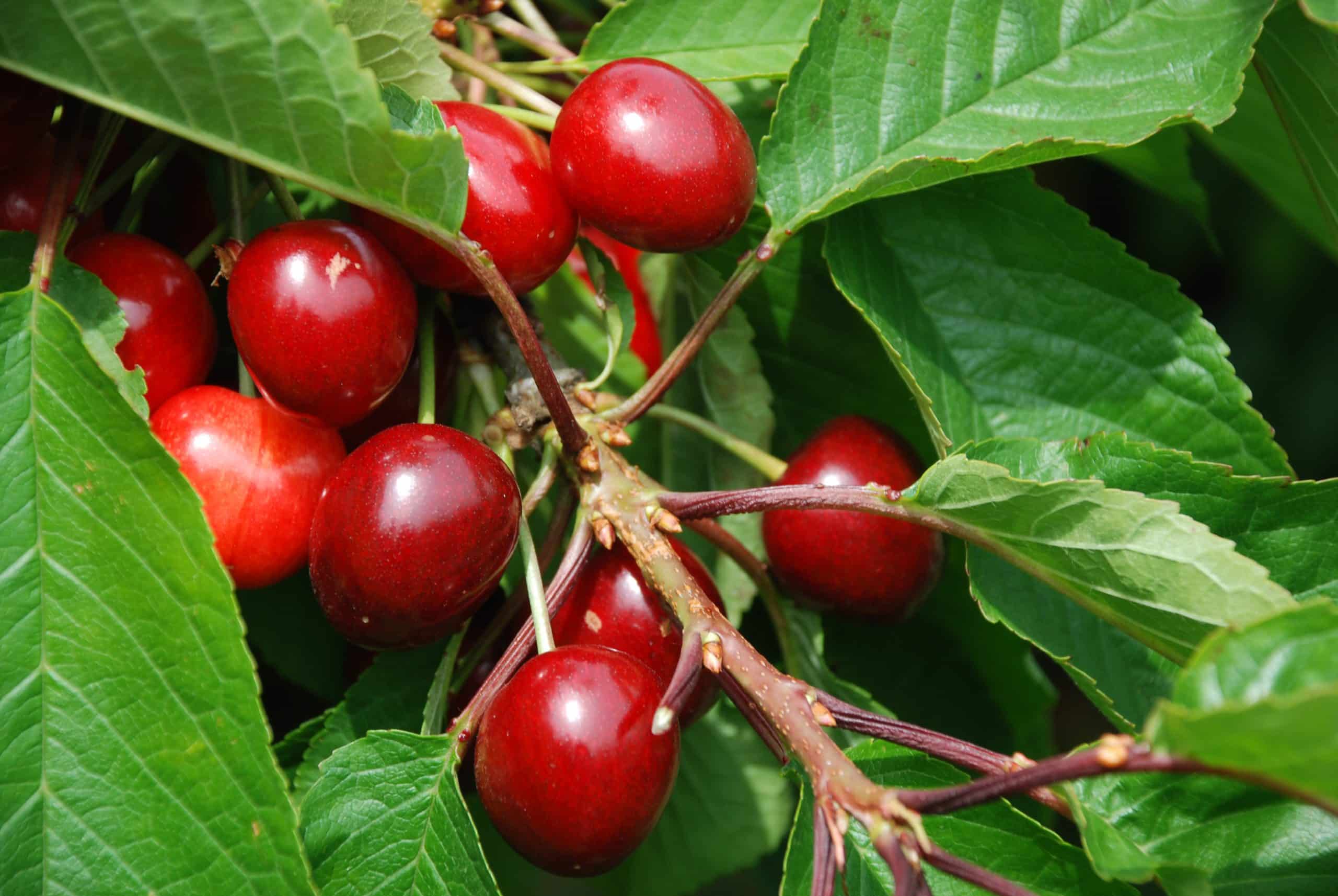
USA - Disaster declarations give Northwest cherry growers access to emergency loans
Washington and Oregon cherry growers are eligible for emergency loans following crop losses in 2023. In February, the U.S. Department of Agriculture approved Oregon’s request for a natural disaster designation after the state’s cherry growers lost an average of 35 percent of their crop.
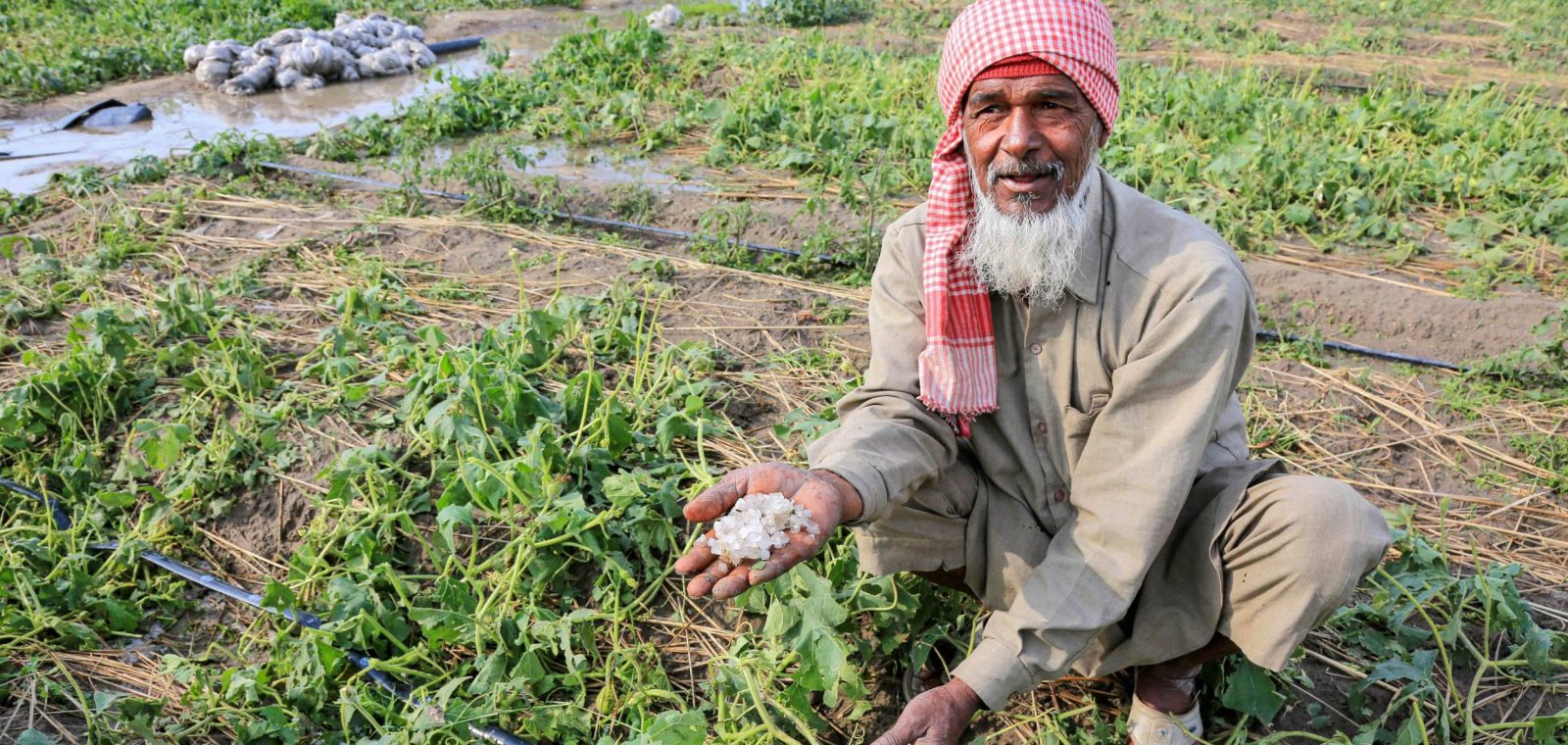
India - Maharashtra officials initiate assessment for crops affected by unseasonal rains and hailstorms
Maharashtra's Relief and Rehabilitation department has initiated an on-the-spot assessment for crops affected by unseasonal rains and hailstorms across approximately 11 districts.
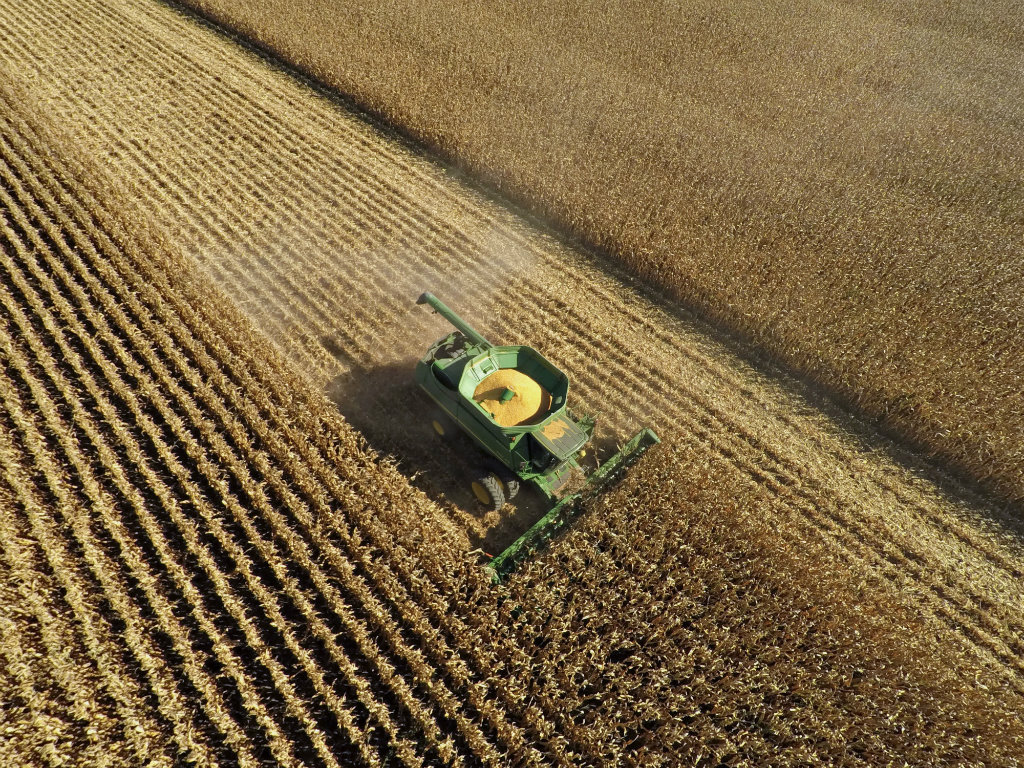
USA - Are Colorado's Northeastern Plains prepared for climate change?
Danny Wood has been growing wheat, millet, milo, and corn in Peetz, Colorado, in the Northeastern corner of the state for most of his life. It was about 15 years ago when he first noticed that the weather on his farm was starting to get weird.
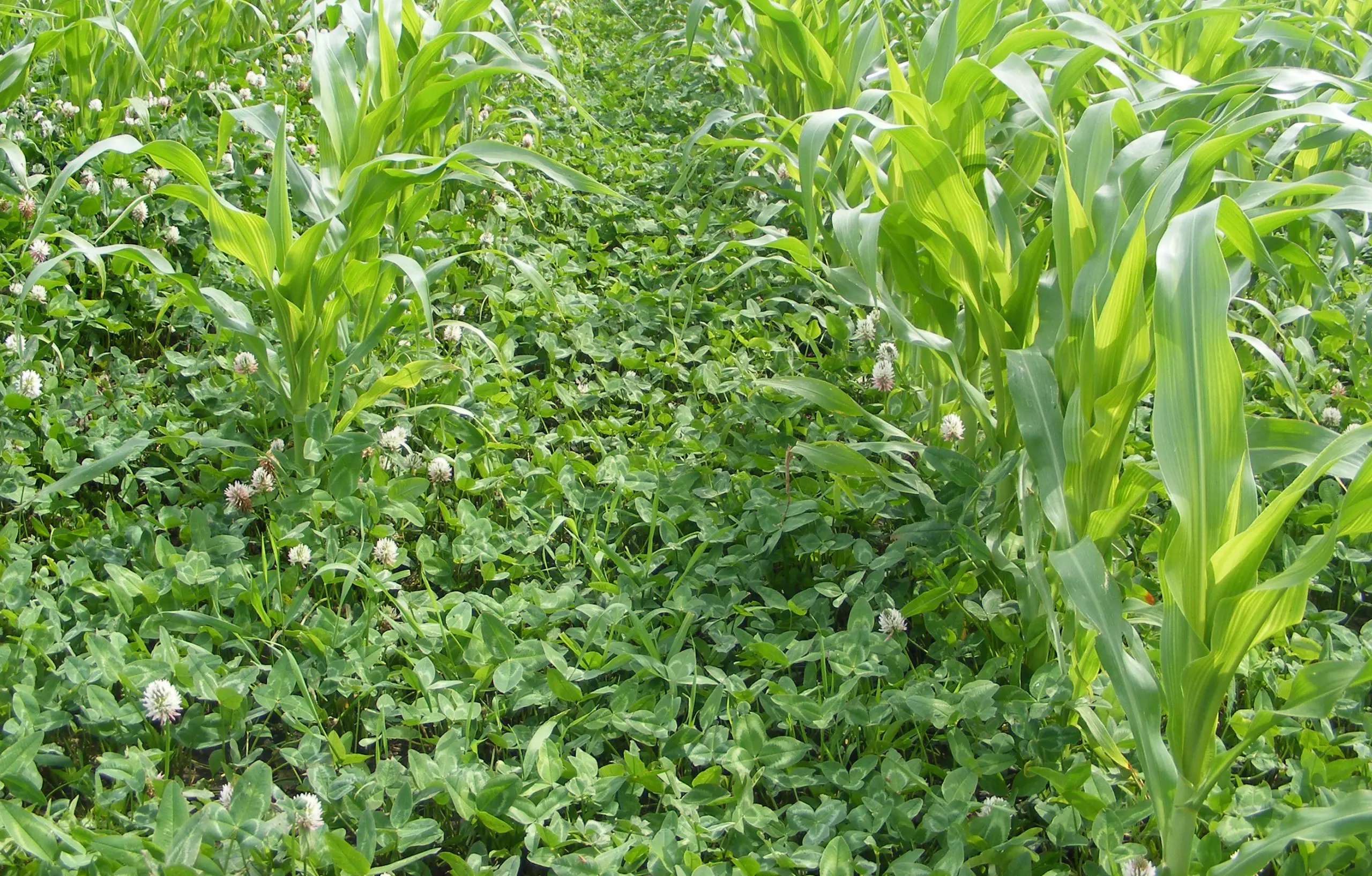
USA - Cover crop programs limit risks, help farmers make decisions
Cover crops cost money, can lead to yield loss and don’t produce a harvestable crop. This may lead farmers to ask, “Why cover crops?” Laura Gentry, IL Corn director of water quality science, acknowledged the reluctance of farmers to plant cover crops.
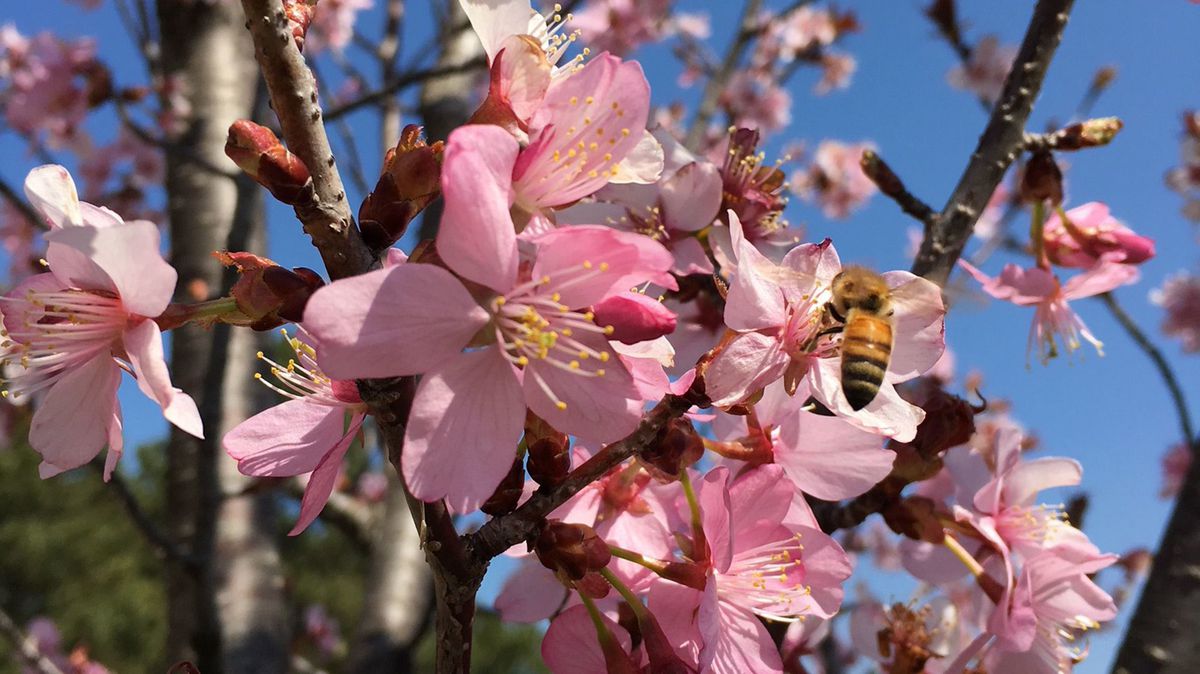
USA - Keeping pollen cool during hot weather
Until recently, Michigan blueberry growers didn’t have to worry too much about extreme heat during bloom. May temperatures in Michigan generally range from 65 to 75 degrees Fahrenheit.
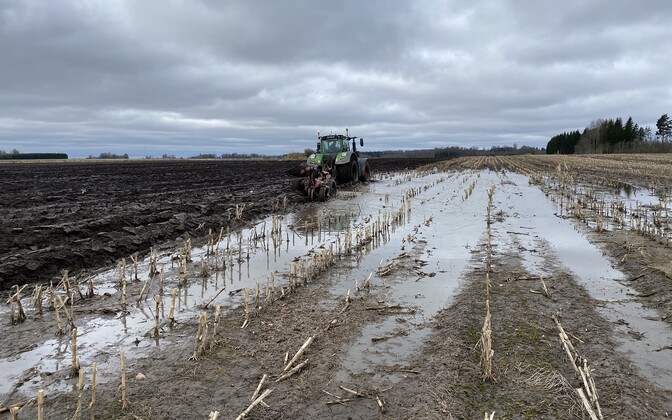
Estonia - Farmers facing big losses due to erratic spring weather
Spring agricultural work is in full swing across Estonia but farmers say the weather is erratic and spring is late. While some say the weather is too wet, others are facing dried-out fields.


